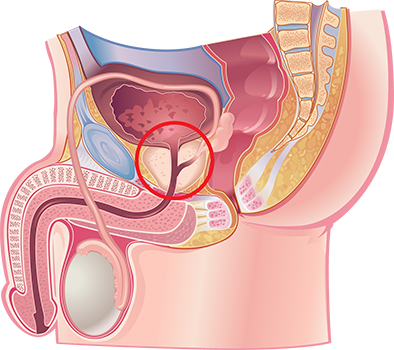
The prostate gland, often referred to as the "male g-spot," is a walnut-sized gland that surrounds the urethra, the tube responsible for carrying urine and semen out of the body. Despite its small size, the prostate gland has significant implications for a man's reproductive health and overall well-being.
The primary functions of the prostate gland include:
- Producing and secreting prostate fluid: The prostate gland contributes to the production of a fluid that nourishes and protects sperm cells. This fluid is a key component of semen.
- Assisting in ejaculation: During ejaculation, the muscles of the prostate gland help propel semen into the urethra, ensuring the successful delivery of sperm.
Several factors increase the risk of developing prostate-related issues. These include age, family history, ethnicity, and certain lifestyle choices. While some risk factors are beyond our control, adopting a healthy lifestyle, regular exercise, and a balanced diet can significantly contribute to prostate health.
Being aware of the signs and symptoms associated with prostate problems is essential for early detection. Common symptoms include urinary changes, such as frequent urination, weak urine flow, blood in urine or semen, and erectile dysfunction. Any persistent or concerning symptoms should prompt a visit to a healthcare professional.
Various diagnostic tests and screenings are available to detect and evaluate prostate issues. These include a digital rectal exam (DRE), prostate-specific antigen (PSA) blood test, ultrasound, and biopsy(If needed). Early detection through regular screenings is crucial for timely intervention and improved treatment outcomes.
Regular check-ups and screenings are vital for maintaining overall health, including prostate health. Men should establish a relationship with a healthcare professional who can provide guidance, perform routine screenings, and address any concerns related to the prostate gland.
FAQ's
Services
- Kidney Stone
- Kidney Transplant Evalution & Surgery
- BHP
- Uro-Oncology
- Kidney Cancer
- Penis Cancer
- Bladder Cancer
- Prostate Cancer
- Testicular Cancer
- Urethral cancer
- Sexual dysfunction & Male infertility
- Erectile dysfunction and Impotence
- Andrology
- Robotic Surgery
- RIRS
- Blood in Urine
- Urinary Tract Infection
- Urinary Incontinence
- Prostate Gland
- Pediatric Urology & Laparoscopy
- Aging Male
- Female Urology
- Penis Enlargement
- Varicocele
- A-V Fistula & Ralated Vascular Access Surgery
